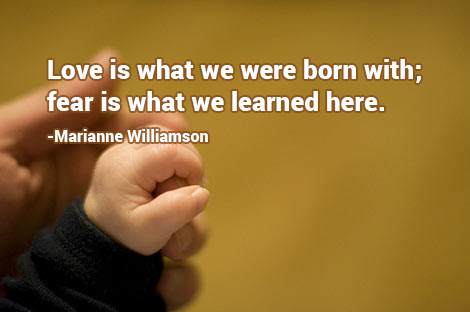
What is the difference between “coaching” and “psychotherapy?” The distinction between these two is theoretic, arbitrary, and murky. The distinction speaks more to our need as a species to categorize and label. There’s a lot of overlap because therapy includes most coaching strategies. But presumably, coaching never involves the key element of therapy: to heal. Implicit in the word “heal” is that there is emotional pain or suffering, and therapy works to lift this dis-ease.
A key difference between psychotherapy and coaching clients: the latter do not have the same rights to confidentiality and privilege as therapy clients. As stated by Section 56 of the California Civil Code, otherwise known as the Confidentiality of Medical Information Act—this statute require a therapists to keep confidential the unauthorized release of personal identifying information, electronic or otherwise. This includes therapy notes, assessment/diagnoses, charting, etc. Releasing such information without the explicit written consent of the client is considered unprofessional conduct under California Business and Professions code. The law also recognizes the psychotherapeutic relationship as “privileged.” This means that a psychotherapist must withhold testimony and records when a subpoena is served, and if the therapist has not received a release of authorization from the client or if the client does not waive privilege. Although coaching clients have a right to general privacy, they are not legally protected in the same way as therapy clients. Despite the lack of legal injunction, as your coach, I hold myself to the high and sacred ethical standard in keeping your information with utmost privacy.
As a therapist, I function as “healer” and as “coach,” I function as “facilitator” towards my client’s goals. My argument is: who’s to say a person coming for “coaching” isn’t deeply anguished and suffering? Who’s to judge that this person doesn’t need every bit of help as a “therapy” client? The skill set of coaches and therapists intersect, except therapists have training in psychological theory, research, interpersonal techniques, e.g. empathic and active listening, solution-oriented reframing, etc. And therapists need to earn a graduate degree in mental health and be licensed by the state in which they practice. You may be wondering, “Should get “therapy” or “coaching?” I offer a free telephone consultation to talk about your unique needs, and which of my services would be the best fit for you.
The word “coach,” from 16th century England, originally meant a vehicle. This is how people moved from one geographical place to another. Used today, ‘coaching’ refers to facilitating another person move from one state of life to another; this has applications in virtually every sector and facet. Life coaching has its roots in sports psychology, the human potential movement of the 1960’s and 1970’s, and business management.
Life coaching refers generally to ‘personal development,’ where as your coach, I act as your partner who helps you identify your goals, articulate your vision, set specific markers, create and maintain your motivation. Regardless of the area we work on, all coaching involves guiding your attention in a more focused and intersecting it with action. This leads to increased productivity and happiness. Some of the many coaching steps are: we draw out strategies for achieving your objectives and keep you accountable. In assessing where you are currently, we sharpen your purpose and clarify who you want to be, where you want to go, and how you want to get there. In drawing an action plan, we reinforce your resources. (internal and external). Keeping you on track, focused and committed, involves identifying possible impediments, e.g. negative self-talk, fears, etc., listing priorities and plans for your upcoming coaching meeting and doing the homework we agree upon afterwards. In order to help with internalization and follow-through, we review your homework the following meeting. Shaping your present and future, we’re highly active and structured.

You may be thinking, “If I could do all this, I wouldn’t need coaching in the first place!” It’s normal to feel overwhelmed at the prospect of so much activity. Please don’t be discouraged from what might seem like a lot of work. The beauty in the coaching process, is that I help you be and do what feels seamless and natural, one step at a time. This is the key to lasting change: incorporate your new patterns and habits into your life as a breathing organic part of it. Every bit of the way, I help partner and bolster you. We reinforce and guide you, buttress you with action, and add buoyancy to the person you’re becoming, and the life you’re living.

